Aftercare Program In Nashville, TN
When you’ve made the brave choice to seek help for alcohol or drug addiction, completing a treatment program is a significant step forward. But recovery doesn’t stop there. The period after formal treatment is crucial for long-term success, and this is where an effective aftercare program in Nashville, TN comes into play. Whether you’re navigating life after rehab or supporting a loved one through this journey, understanding addiction aftercare services in Nashville is key to sustaining recovery and fostering a healthier, more fulfilling life.
Understanding Aftercare Programs
Aftercare is a structured and supportive phase of recovery that follows the completion of detoxification and intensive treatment. It provides ongoing assistance as individuals transition from a highly controlled environment back into daily life. The purpose of aftercare is to help individuals apply the skills and strategies learned during treatment to real-world situations, ensuring they stay on track with their recovery goals.

Importance of Aftercare in Long-Term Recovery
Long-term recovery is a journey that requires consistent effort and support. Aftercare programs are vital in this process as they offer the necessary resources and community connections to help individuals remain focused on their sobriety. Without aftercare, the risk of relapse increases significantly, as people may find it challenging to manage stress, triggers, and other life challenges on their own. Addiction aftercare programs are particularly important as they provide localized support, making it easier for individuals to access the help they need.
According to a study by the National Library of Medicine, there is evidence suggesting that extended continuing care, which involves more proactive efforts to keep patients engaged, can yield more consistently positive outcomes. Additionally, patients who are at higher risk for relapse—due to factors such as ongoing substance use during the initial phase of treatment, poor social support, or low motivation early in the process—may derive greater benefit from continuing care compared to those with a more favorable prognosis.
Challenges and Barriers in Aftercare
While aftercare is essential for recovery, it is not without its challenges. Recognizing and addressing these barriers can help individuals overcome obstacles and stay on the path to recovery.
Triggers like stress, exposure to substances, and social pressures can lead to cravings and relapse. Aftercare programs help identify and manage these triggers.
Addiction stigma can cause social isolation, raising relapse risk. Aftercare addresses stigma and supports social reintegration.
costs, transportation, and time off work can hinder aftercare access. Financial aid and community resources can ease these barriers.
Co-occurring mental health issues, like depression or anxiety, can complicate recovery. Integrated treatment in aftercare is essential for comprehensive care.
Key Components of an Effective Aftercare Program
An effective aftercare program is comprehensive and personalized, addressing various aspects of an individual’s life to support ongoing recovery through addiction aftercare services in Nashville.
Regular Therapy Sessions
Relapse Prevention Strategies

Life Skills Training

Stress Management Techniques
Social Support and Networking

Aftercare Program at Live Again Detox
At Live Again Detox, aftercare is where we transition from healing to thriving, particularly through our addiction aftercare services in Nashville. It’s a continuation of the journey we’ve embarked on, providing us with the tools and support needed to maintain our progress. Aftercare isn’t just about staying sober; it’s about learning to live fully, with purpose and resilience.
Aftercare is more than just maintaining sobriety; it’s about fully embracing a life of purpose and resilience.
We continue to strengthen the habits and strategies established during detox, ensuring we stay grounded in our recovery.
These provide a space to share experiences, draw strength from each other’s stories, and gain new insights for navigating challenges.
Tailored to our unique needs, these sessions help us address specific obstacles and craft personalized plans for continued growth.
Practical, hands-on learning opportunities where we acquire skills such as coping mechanisms and healthy communication techniques.
We find support and accountability in a network of peers who understand our journey, celebrate milestones, and encourage each other.
Aftercare at Live Again Detox is designed to help us move from simply healing to truly thriving. Through a combination of group support, personalized counseling, and practical workshops, we gain the tools needed to face the future with confidence. The strong sense of community we build along the way ensures that we never have to navigate this journey alone. Together, we’re equipped to live fully and embrace the new life ahead of us.
What Our Patients Say
Hear directly from those who have walked the path to recovery at Live Again Detox. Our patients’ stories highlight the compassionate care, effective programs, and life-changing support they’ve experienced. Let their journeys inspire you as you take your first steps toward healing.
Do yourself a favor. Call your insurance plan yourself and make sure the facility you're looking to get into is actually in network. Don't make the same mistake I have

Monitoring Progress and Adjusting the Plan
At Live Again Detox, we believe that recovery is a journey that requires us to remain flexible, regularly assess the progress, and make adjustments to our aftercare plan as needed. By staying in close contact with therapists, conducting self-assessments, and listening to feedback from peers and family, you can track your progress and address any challenges early on.
Our aftercare plan evolves alongside the changing needs and goals, especially when our clients face setbacks, to ensure that we continue to give the support our clients need without judgment. By incorporating insights from the support network and staying informed through ongoing education, we can maintain our commitment to long-term recovery success.
Continue Your Recovery at our Compassionate Addiction Aftercare Services in Nashville
Recovery doesn’t end after treatment; it’s a lifelong journey that requires ongoing support and commitment. Addiction aftercare services in Nashville offer a compassionate and comprehensive approach to help you or your loved one navigate life after treatment. With the right support, long-term recovery is possible. If you’re ready to take the next step, reach out to our team to learn more about how we can help you build a brighter, healthier future.

State-Of-The-Art Facility
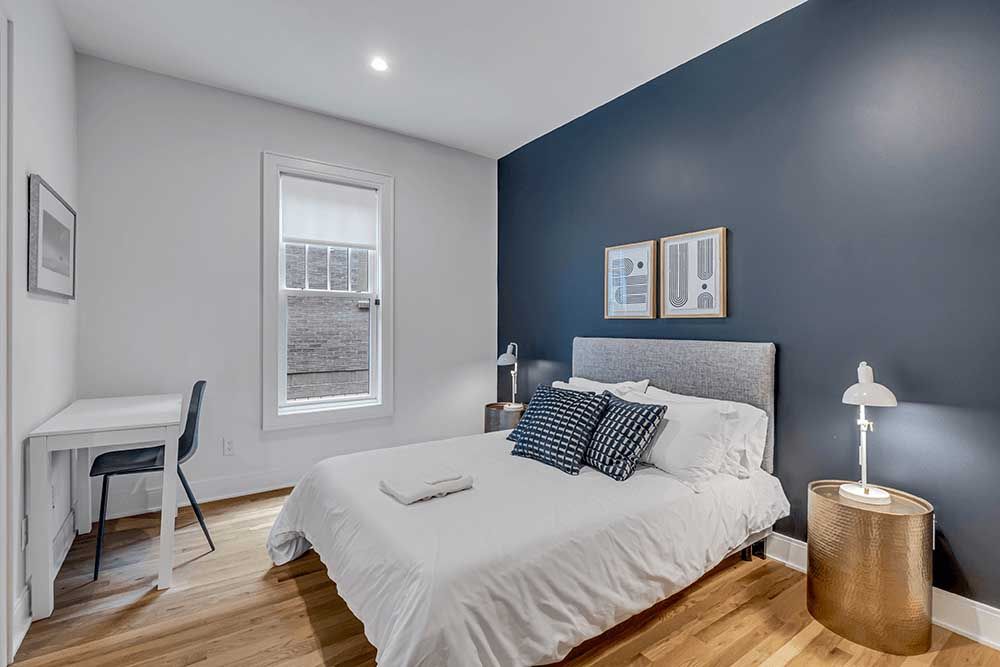
Luxury Bedrooms

Dedicated Private Chef
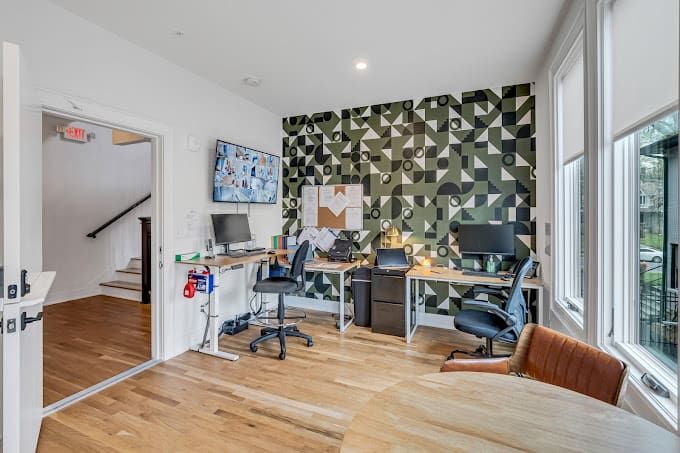
Fun and Games

Clinician & Medical Owned & Operated

Family Therapy Sessions

Weekly Outings

Twice‑Weekly Individual Therapy
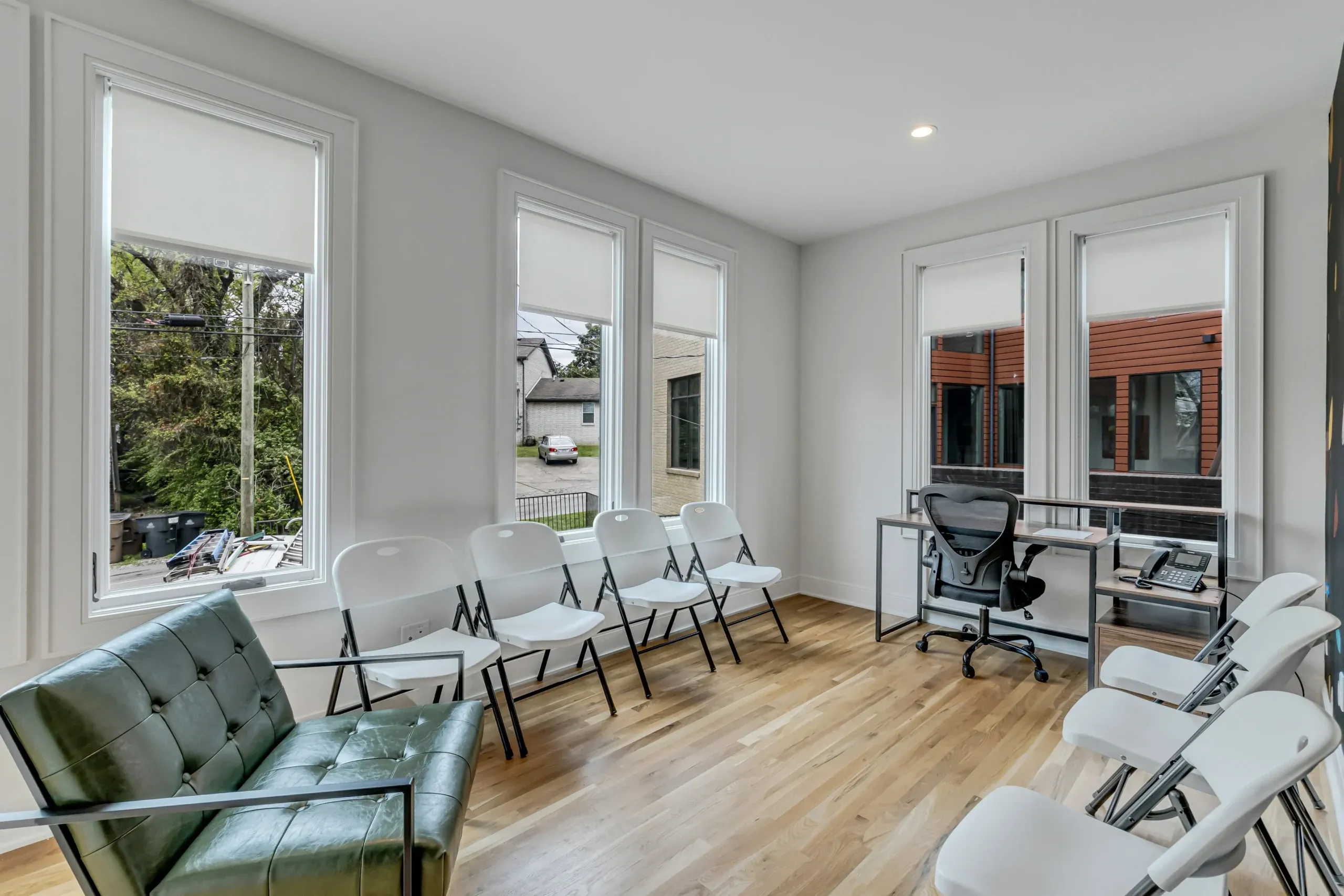
Small Groups, Big Recovery

Caring Support Beyond Treatment:
Frequently Asked Questions
Addiction aftercare refers to the structured support and resources provided once an individual completes an inpatient or intensive outpatient program. While primary treatment focuses on detoxification and early recovery skills, aftercare:
-
Reinforces coping strategies learned during treatment (e.g., stress management, refusal skills).
-
Provides accountability through regular check‑ins with counselors or case managers.
-
Facilitates community integration via sober living homes, support groups, or vocational services.
By maintaining momentum after discharge, aftercare significantly reduces the risk of relapse.
Call Live Again Detox at 629‑465‑4224 for a free, confidential assessment of your aftercare needs.
Research shows that recovery is a lifelong process. Aftercare is critical because it:
-
Bridges the transition from the protected environment of treatment back to everyday life.
-
Addresses emerging challenges—new stressors, relationship dynamics, or work pressures.
-
Reinforces neural pathways for healthy behaviors, counteracting old addiction patterns.
Without aftercare, up to 60% of individuals relapse within the first year post‑treatment. Ongoing support cuts that rate dramatically.
Aftercare can be tailored to individual needs, including:
-
Intensive Outpatient Programs (IOP): Day or evening therapy sessions 3–5 times per week.
-
Sober Living Residences: Peer‑supported housing with house rules and random drug testing.
-
Peer Support Groups: 12‑step (AA, NA) or non‑12‑step fellowships (SMART Recovery).
-
Alumni Networks: Graduates’ groups offering social events, mentorship, and check‑ins.
-
Telehealth & Digital Apps: Virtual counseling, reminders, and relapse‑prevention tools.
Live Again Detox can help you choose the right combination—call 629‑465‑4224.
While individual needs vary, a general guideline is:
-
First 90 days: Highest intensity of support (weekly therapy, group meetings).
-
3–6 months: Gradual tapering to bi‑weekly or monthly sessions, based on stability.
-
6–12 months and beyond: Quarterly check‑ins, alumni events, and ad‑hoc support as needed.
Your aftercare plan should be dynamic—adjusted according to your progress and life changes.
A personalized plan considers:
-
Substance(s) used and duration of use.
-
Co‑occurring mental health conditions (e.g., depression, PTSD).
-
Social support network—family, friends, community resources.
-
Life goals—employment, education, relationships.
Customized aftercare yields better engagement and outcomes than generic checklists.
Peer groups offer:
-
Shared experience: Learning from those who’ve “been there.”
-
Accountability: Regular attendance and sponsorship.
-
Safe space: Confidential environment to discuss cravings, triggers, and successes.
Combining professional therapy with peer support creates a robust safety net.
Addiction affects the entire family system. Involving loved ones through:
-
Family therapy sessions to rebuild trust and communication.
-
Education workshops on boundaries and enabling behaviors.
-
Support groups for families (e.g., Al‑Anon).
Engaged families can spot early warning signs and provide crucial encouragement.
Common obstacles include:
-
Logistical challenges: Transportation, work/school schedules.
-
Financial concerns: Co‑pays, deductibles, lost wages.
-
Stigma and shame: Fear of judgment by peers or employers.
Solutions: Telehealth options, sliding‑scale fees, employer outreach letters, and confidential scheduling.
Relapse prevention is woven throughout aftercare via:
-
Trigger identification: Learning to recognize internal and external cues.
-
Coping skill drills: Role‑playing refusal skills and stress‑management techniques.
-
Early warning systems: Regular mood and craving assessments with a counselor.
This proactive approach turns potential setbacks into teachable moments.
Technology enhances accessibility and continuity:
-
Virtual counseling: One‑on‑one or group therapy via secure video.
-
Recovery apps: Daily check‑ins, mood trackers, peer chat rooms.
-
Text/SMS reminders: Appointment prompts and motivational messages.
These tools keep you connected, even when you’re on the go.
Look for a program that offers:
-
Accreditation: CARF or Joint Commission–certified services.
-
Multidisciplinary team: Therapists, medical staff, peer specialists.
-
Continuum of care: Seamless transition from treatment to aftercare.
-
Outcome tracking: Data on success rates and client satisfaction.
Live Again Detox meets all these benchmarks—call 629‑465‑4224 to learn more.
Funding options include:
-
Health insurance: Many plans cover IOP and outpatient therapy.
-
Medicaid/Medicare: Eligibility varies by state and program type.
-
Self‑pay & sliding scale: For uninsured or underinsured clients.
-
Scholarships/grants: Offered by some nonprofit recovery organizations.
We’ll verify your benefits at no cost—call 629‑465‑4224 for a free insurance check.
Key metrics include:
-
Attendance consistency: Number of sessions or meetings attended.
-
Self‑reported well‑being: Mood logs, stress levels, sleep quality.
-
Functional outcomes: Employment status, relationship health, legal compliance.
-
Relapse markers: Frequency/intensity of cravings and any lapses.
Review these benchmarks regularly with your care team to adjust your plan.
-
Initial Consultation: Call Live Again Detox at 629‑465‑4224 for a confidential needs assessment.
-
Plan Development: Collaborate with a care coordinator to design your personalized aftercare.
-
Scheduling: Choose session times, telehealth vs. in‑person options, and peer group meetings.
-
Orientation: Receive program materials, contact information, and crisis‑management protocols.
Getting started is simple—call now.
-
24/7 Hotline: Live Again Detox offers around‑the‑clock phone support.
-
Crisis Counseling: Immediate telehealth sessions for urgent needs.
-
Local Resources: Referrals to nearby walk‑in clinics or psychiatric emergency services.
Keep these numbers handy—and remember, help is always one call away at 629‑465‑4224.
 |
Medically Reviewed By:
Board-Certified Psychiatrist and Addictionologist
|
 |
Clinically Reviewed By:
Board Certified Clinical Social Worker
|
American Psychiatric Association. (2022). Substance use disorders. In Diagnostic and statistical manual of mental disorders (5th ed., text rev.). Washington, DC: Author.
Mayo Clinic. (2024). Substance use disorder: Diagnosis and treatment. Mayo Foundation for Medical Education and Research. https://www.mayoclinic.org/diseases-conditions/substance-use-disorder/diagnosis-treatment/drc-20365112
National Institute on Drug Abuse. (2020). Principles of drug addiction treatment: A research-based guide (3rd ed.). National Institutes of Health. https://nida.nih.gov/publications/principles-drug-addiction-treatment-research-based-guide-third-edition
Substance Abuse and Mental Health Services Administration. (2024). Recovery support. U.S. Department of Health & Human Services. https://www.samhsa.gov/find-help
Tennessee Department of Mental Health and Substance Abuse Services. (n.d.). Recovery services. State of Tennessee. https://www.tn.gov/behavioral-health

State Licensed
Live Again Detox is licensed by the Tennessee Department of Mental Health & Substance Abuse Services, ensuring compliance with state regulations for safe, ethical, and effective addiction treatment.
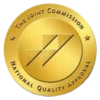
The Joint Commission
The Gold Seal of Approval® signifies that Live Again Detox meets or exceeds rigorous national standards for patient care, safety, and quality.
LegitScript Certified
Live Again Detox is certified by LegitScript, confirming compliance with laws and standards for ethical marketing and patient transparency in addiction treatment.
HIPAA Compliant
Ensures patient information at Live Again Detox is fully protected under federal privacy regulations.
BBB Accredited
Demonstrates Live Again Detox’s commitment to ethical business practices and community trust.
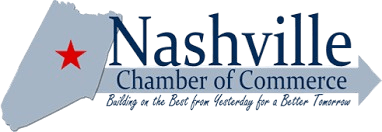
Chamber of Commerce Member
Live Again Detox is an active member of the local Chamber of Commerce, reflecting its commitment to community growth and support.

ASAM Member
Membership in the American Society of Addiction Medicine reflects Live Again Detox’s dedication to science-based treatment and advancing standards in addiction care.
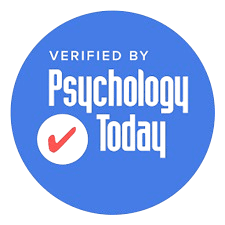
Psychology Today Verified
A verified listing on Psychology Today confirms that Live Again Detox provides trustworthy and transparent treatment services.
Get Family Support Now
Supporting Families Through Recovery
We understand addiction affects the whole family. Our comprehensive family program helps rebuild trust and restore relationships.
Weekly Family Therapy Sessions
Educational Workshops
Support Groups
Communication Skills Training
Get Family Support Now


 |
Medically Reviewed By:
Board-Certified Psychiatrist and Addictionologist
|
 |
Clinically Reviewed By:
Board Certified Clinical Social Worker
|
1. Importance of Aftercare in Recovery
Claim: Continuing care after rehab is critical for preventing relapse and supporting long-term sobriety.
National Institute on Drug Abuse. (2020). Principles of drug addiction treatment: A research-based guide (3rd ed.). National Institutes of Health. https://nida.nih.gov/publications/principles-drug-addiction-treatment-research-based-guide-third-edition
2. Relapse Prevention & Ongoing Support
Claim: Structured relapse prevention programs, support groups, and counseling improve outcomes.
Mayo Clinic. (2024). Substance use disorder: Diagnosis and treatment. Mayo Foundation for Medical Education and Research. https://www.mayoclinic.org/diseases-conditions/substance-use-disorder/diagnosis-treatment/drc-20365112
3. Role of Community & Peer Support
Claim: Peer recovery groups such as 12-step programs and mutual aid support networks are effective in promoting long-term recovery.
Substance Abuse and Mental Health Services Administration. (2024). Recovery support. U.S. Department of Health & Human Services. https://www.samhsa.gov/find-help
4. Dual Diagnosis & Mental Health in Aftercare
Claim: Many people in recovery benefit from ongoing care that also addresses mental health needs.
American Psychiatric Association. (2022). Substance use disorders. In Diagnostic and statistical manual of mental disorders (5th ed., text rev.). Washington, DC: Author.
5. Tennessee & Local Resources
Claim: Tennessee offers recovery resources, peer programs, and continuing care through state-supported services.
Tennessee Department of Mental Health and Substance Abuse Services. (n.d.). Recovery services. State of Tennessee. https://www.tn.gov/behavioral-health

State Licensed
Live Again Detox is licensed by the Tennessee Department of Mental Health & Substance Abuse Services, ensuring compliance with state regulations for safe, ethical, and effective addiction treatment.

The Joint Commission
The Gold Seal of Approval® signifies that Live Again Detox meets or exceeds rigorous national standards for patient care, safety, and quality.
LegitScript Certified
Live Again Detox is certified by LegitScript, confirming compliance with laws and standards for ethical marketing and patient transparency in addiction treatment.
HIPAA Compliant
Ensures patient information at Live Again Detox is fully protected under federal privacy regulations.
BBB Accredited
Demonstrates Live Again Detox’s commitment to ethical business practices and community trust.

Chamber of Commerce Member
Live Again Detox is an active member of the local Chamber of Commerce, reflecting its commitment to community growth and support.

ASAM Member
Membership in the American Society of Addiction Medicine reflects Live Again Detox’s dedication to science-based treatment and advancing standards in addiction care.

Psychology Today Verified
A verified listing on Psychology Today confirms that Live Again Detox provides trustworthy and transparent treatment services.

Contact Us
Set yourself free from the struggles of addiction and co-occurring mental health disorders. Reach out to our treatment team in Nashville, Tennessee today.
Yes, Your Insurance Covers Detox and Rehab Treatment
Get Family Support Now
Supporting Families Through Recovery
We understand addiction affects the whole family. Our comprehensive family program helps rebuild trust and restore relationships.
Weekly Family Therapy Sessions
Educational Workshops
Support Groups
Communication Skills Training
Get Family Support Now


What Our Patients Say
Hear directly from those who have walked the path to recovery at Live Again Detox.. Our patients’ stories highlight the compassionate care, effective programs, and life-changing support they’ve experienced. Let their journeys inspire you as you take your first steps toward healing.
Do yourself a favor. Call your insurance plan yourself and make sure the facility you're looking to get into is actually in network. Don't make the same mistake I have
